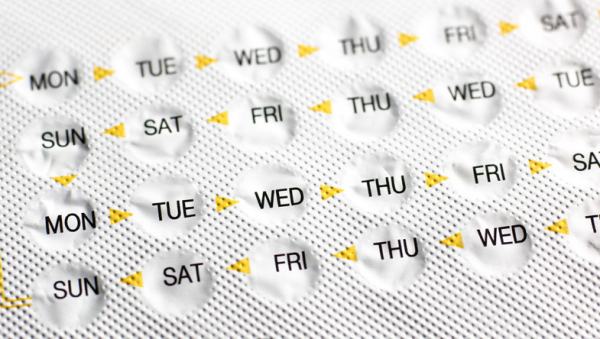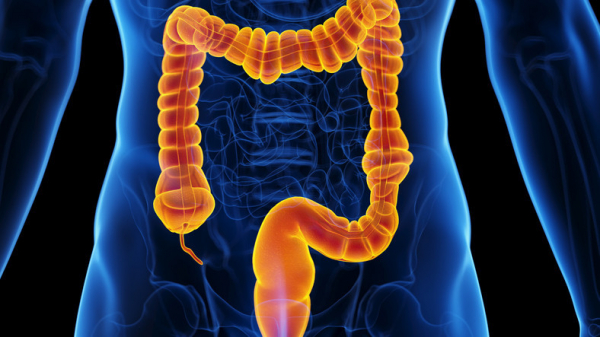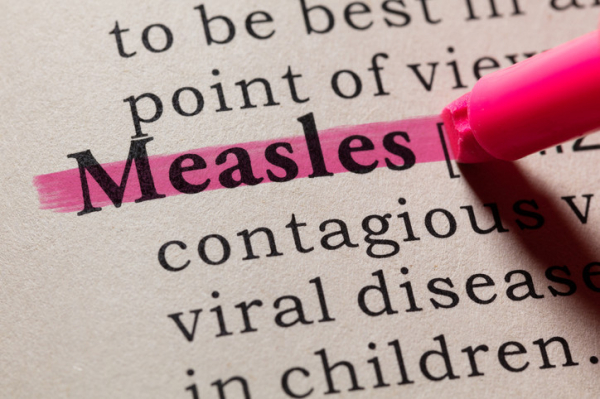
Birth control pills have been safely used in the US (and sold only by prescription) for more than half a century. In 2023 the FDA approved Opill, the first daily contraceptive pill intended for sale over the counter with no prescription needed. This offers many more people access to a new nonprescription option for preventing pregnancy.
Opill is available online and soon to be stocked on drugstore shelves. Here’s what anyone interested — adults, parents, and teens — should know.
What is in Opill and how does it work?
Opill is a progestin-only form of birth control. That means it uses a single hormone called progestin (or norgestrel) to prevent pregnancy. It works by
- affecting ovulation so that the ovaries do not release an egg every month
- thickening cervical mucus, which blocks sperm from reaching an egg
- changing the uterine lining in ways that keep a fertilized egg from implanting.
How effective is Opill at preventing pregnancy?
It depends on how consistent you are about taking Opill:
- Perfect use means taking the pill every single day at the same time. With perfect use, Opill is 98% effective. That means that if 100 people take the medication perfectly, two or fewer people would become pregnant. Taking a pill perfectly can be difficult, though.
- Typical use averages how well a method works to prevent pregnancy when real people use it in real life. It considers that people sometimes use the pill inconsistently, like forgetting a dose or not taking it at the same time every day. With typical use, Opill is 91% effective. This means that if 100 people use Opill, but don’t take it perfectly, at least nine could become pregnant in a year.
It’s also important to know that some medications make Opill less effective at preventing pregnancy. These include medicines used to treat migraines and seizures. Even though this birth control pill will be available over the counter, you should ask your health care provider if any medicines you take could make it less effective.
How do you take Opill?
- Take it once a day at the same time each day until you finish the entire pack.
- Sticking to a consistent time of day, every day, is crucial. Timing matters with progestin-only pills like Opill because this medication works by raising progestin levels. However, progestin only stays elevated for 24 hours after you take each pill. After that, the progestin level will return to normal.
- After you complete a 28-day pack, you should immediately start a new pack of pills the next day.
What happens if you forget to take a dose at the specific time or miss a dose?
- If you take the pill more than three hours late it will not be as effective at preventing pregnancy.
- Take the missed pill as soon you remember.
- You will need to use a backup birth control method such as condoms every time you have sex for the next 48 hours.
Is Opill safe for teenagers?
Opill is generally safe for most people who could get pregnant, including teenagers. There’s no evidence to suggest that safety or side effects are different in teenagers compared with adults.
Research done by the manufacturer has established the safety of Opill in people as young as 15 years old. It will be available without an age restriction.
When teens use birth control, what is the best choice for them?
There isn’t a one-size-fits-all birth control method for all teenagers. The best method is the one a teen personally prefers and is committed to using consistently.
For teens who struggle with taking medication at the same time every day –– or anyone else who does –– Opill may not be the right choice. Fortunately, there are many options for preventing pregnancy, catering to individual preferences and goals.
Learn more about different contraception methods at the Center for Young Women’s Health website.
What side effects are common with Opill?
Progestin-only pills are usually associated with mild side effects. The most common side effects are:
- unexpected vaginal bleeding or spotting
- acne
- headache
- gastrointestinal symptoms such as nausea, abdominal pain, and bloating
- change in appetite.
Opill does not cause problems with getting pregnant in the future, or cause cancer. Unlike birth control pills that combine the hormones estrogen and progestin, Opill will not increase the risk of a developing a blood clot.
Will Opill cause any mood changes?
Research looking at possible effects of progestin-only pills on mood is limited, so this is unclear. We do know that most people who take hormonal birth control methods do not experience negative mood changes.
Fortunately, there are many different types of effective birth control. If one method causes you unwanted side effects, talk to your health care provider. Together, you can figure out if another type of birth control may work better for you.
Can it be used as emergency birth control?
No, it should not be used as emergency birth control.
What should you know about STIs?
This type of birth control does not protect you from sexually transmitted infections (STIs) such as syphilis, gonorrhea, or chlamydia.
You can reduce the chance of getting STIs by correctly using condoms each time you have sex. There are different types of condoms: one made for penises and one made for vaginas.
Vaccines help protect against some STIs such as hepatitis B and human papillomavirus (HPV). A medicine called PrEP can help prevent HIV. Ask your medical team for more information about the right choices for you.
About the Authors

Candice Mazon, MD, Contributor
Dr. Candice Mazon is a second year adolescent medicine fellow at Boston Children's Hospital. She's a board certified pediatrician and received her training at MedStar Georgetown University Hospital. She earned her MD degree from Drexel University … See Full Bio View all posts by Candice Mazon, MD 
Amy Desrochers DiVasta, MD, MMSc, Contributor
Amy Desrochers DiVasta MD, MMSc, is chief of the division of adolescent medicine at Boston Children’s Hospital. She is the co-director of the adolescent long-acting reversible contraception program, and co-director of the reproductive endocrinology and PCOS … See Full Bio View all posts by Amy Desrochers DiVasta, MD, MMSc



